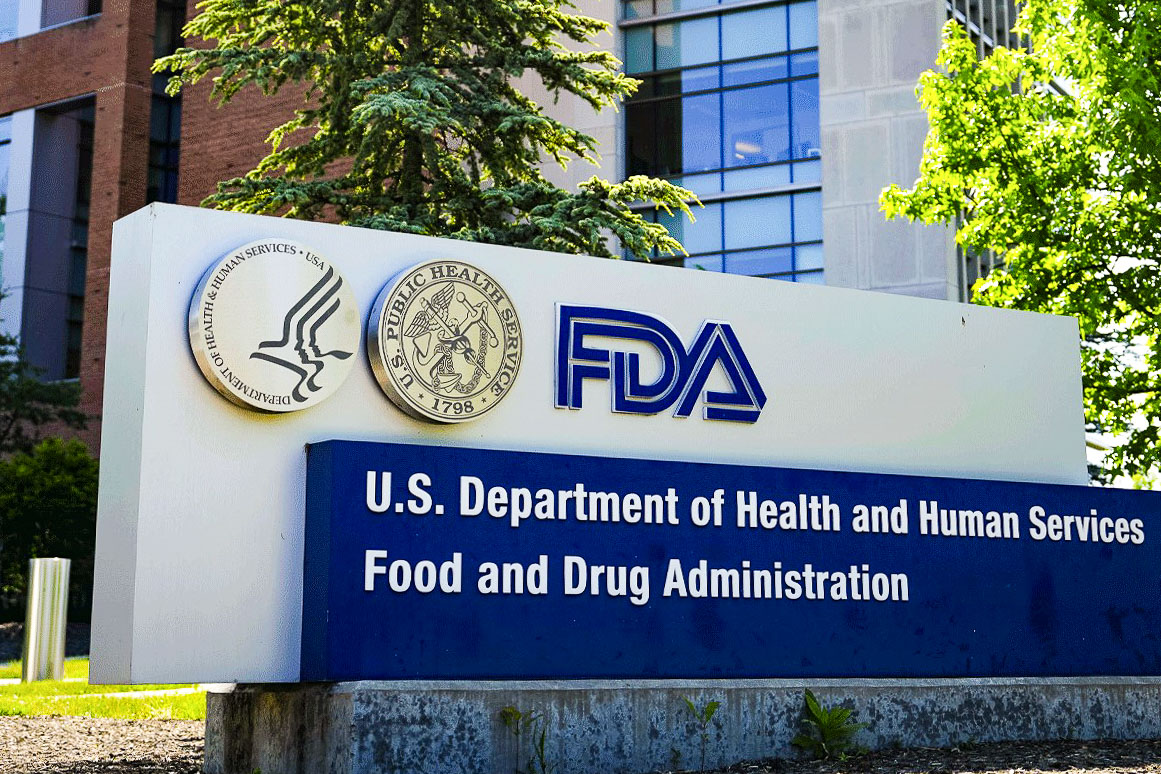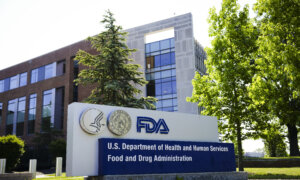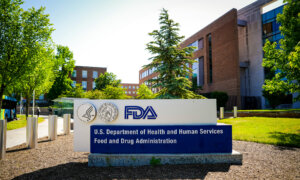The U.S. Food and Drug Administration approved a new monthly injectable drug that may benefit people with moderate to severe eczema.
EBGLYSS, developed by Eli Lilly, offers relief where other therapies have fallen short, potentially helping patients as young as 12 who have battled this chronic skin condition, the company said.
“Patients still struggle to control their moderate-to-severe atopic dermatitis with currently available therapies. Many experience poor long-term disease control, and severe itch can significantly impact their daily lives,” said Jonathan Silverberg, professor of dermatology at George Washington University School of Medicine in the company’s press release.
Topical medicines are often the first line of treatment for mild to moderate eczema, but they may not be as effective in patients with more severe disease.
Eczema is defined as a group of conditions that cause inflamed skin. People who suffer from this disease are known to suffer from sleep deprivation, due to irritation and itching. It can have a profound impact on the quality of life, affecting social interactions and impacting work and school.
Atopic dermatitis is the most common type of eczema. It is the most prevalent chronic inflammatory skin disease, affecting about 20 percent of children in the world, and about 3 percent of adults. In the United States, it reportedly affects 10.7 percent of children and 7.2 percent of adults.
EBGLYSS targets the immune response involved in eczema. It works by blocking the signaling of interleukin-13, the main cytokine involved in triggering inflammatory eczematic reactions. Cytokines are chemicals of the immune system.
“Interleukin-13 is implicated as the primary cytokine in atopic dermatitis,” the authors say and people with higher levels of interleukin-13 have greater disease severity.
Treatment starts with two 500 mg doses, given at the beginning and two weeks later. Following this, patients receive 250 mg every two weeks until week 16 or until the desired clinical response is achieved. Once the treatment is effective, patients switch to a maintenance schedule of one 250 mg injection every four weeks.
Effectiveness Revealed in Clinical Studies
The FDA’s approval of EBGLYSS was based on two clinical trials documented in The New England Journal of Medicine in March 2024.
The results showed that “16 weeks of treatment with lebrikizumab was effective in adolescents and adults with moderate-to-severe atopic dermatitis,” the researchers reported.
In each study, participants with the condition were randomly assigned to receive either lebrikizumab or a placebo.
In one trial, 43.1 percent of the 281 participants treated with the drug reported clear or almost clear skin. The second trial showed similar success, with 33.2 percent of participants achieving the same outcome, compared to 12.7 and 10.8 percent of those receiving the placebo, respectively.
The clinical trials were funded by Dermira, which was acquired by Eli Lilly in 2020. The trials were executed from 2019 to 2021.
The FDA declined approval of this eczema drug in October, under its trade name lebrikizumab due to third-party findings related to a manufacturing inspection.
Availability and Usage
EBGLYSS will be available in the United States in the coming weeks, according to Rachel Hoffmeyer, associate director of communications at Eli Lilly.
The drug can be used with or without topical treatments.
The FDA approval document specifies that EBGLYSS is indicated for adults and children 12 years and older, weighing more than 88 pounds, whose atopic dermatitis is “not adequately controlled with topical prescription therapies.”
The most common adverse reactions are conjunctivitis and keratitis, which are inflammatory reactions affecting the eye. Some patients’ eczema may be exacerbated by the treatment.
According to its prescription information, EBGLYSS may alter a patient’s immunity and increase the risk of infection following administration of live vaccines. Patients should avoid use of live vaccines immediately prior to or during treatment with EBGLYSS.














